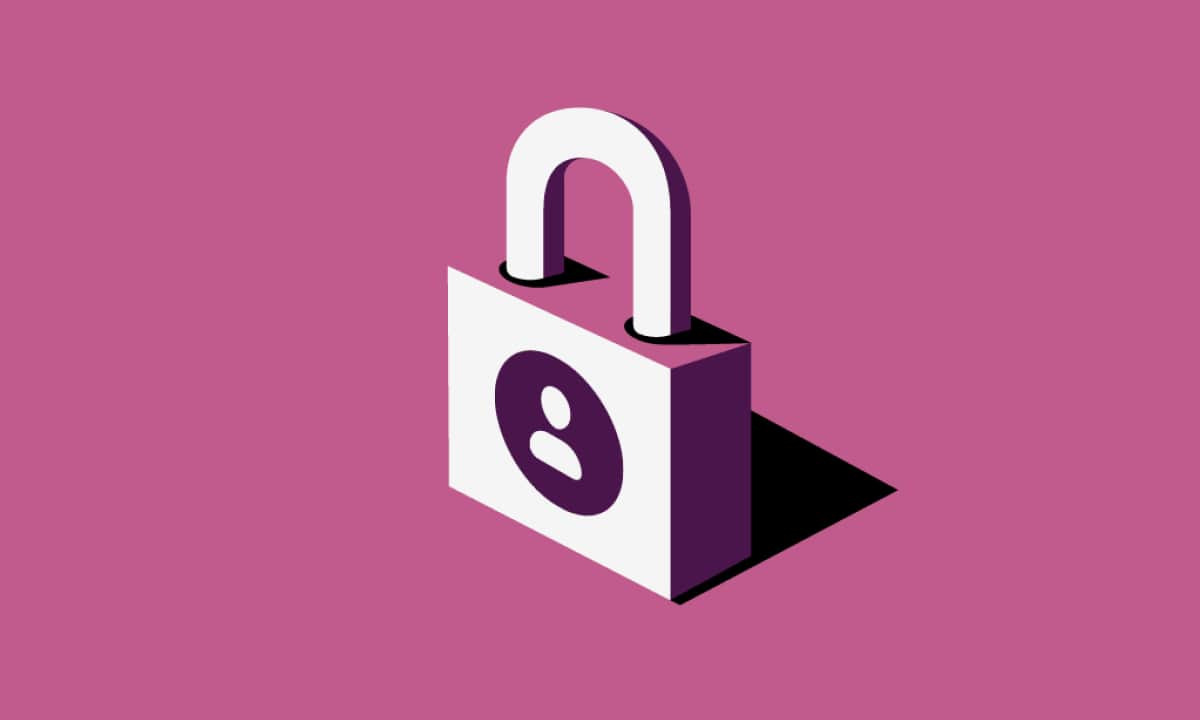In today’s digital age, the role of content moderators is more important than ever. As remote work becomes a norm, companies are continuously searching for skilled professionals who can ensure online spaces remain safe and appropriate.
The increasing demand for content moderators in remote settings is driven by the need to manage and monitor a vast amount of user-generated content across various platforms.
You might wonder why content moderation has gained so much traction in remote work. Online communities are growing, and businesses need vigilant eyes to safeguard against harmful content that could tarnish their reputations. This surge in demand has led to many exciting job opportunities for those interested in a remote working lifestyle.
Additionally, if you’re considering diving into this field, you’ll find it rewarding as it involves developing skills in communication, diplomacy, and problem-solving while working from the comfort of your own home. The role not only offers flexibility but also a chance to make a real impact.
The Rising Necessity for Content Moderation
In today’s digital landscape, content moderation is crucial to ensuring safe online environments and upholding community standards. As digital platforms proliferate, the demand for skilled content moderators grows, directly linked to increased online activity and interaction.
Online Safety and Community Standards
Platforms must prioritize user safety by mitigating harmful or inappropriate content. This means implementing robust moderation tools and trained personnel to review content. Users seek spaces free of harassment and misinformation, requiring continuous investment in moderation capabilities and technologies.
Adapting guidelines to the ever-changing digital environment is essential. Platforms must balance user expression with the enforcement of community standards. This ensures a positive experience for everyone involved.
The Impact of Digital Growth on Moderation
Rapid digital expansion fuels the need for more comprehensive content moderation. As more people connect and communicate online, platforms face a massive influx of user-generated content. This surge necessitates scalable and efficient moderation solutions.
Automation and artificial intelligence play vital roles in managing vast amounts of content. Yet, human intervention remains essential for nuanced decision-making. You need a balanced approach that combines both to effectively manage digital content challenges.
Adapting to Remote Work Environments
As the demand for content moderators rises, many are transitioning to remote work setups. This shift brings distinct advantages along with challenges, requiring various tools and resources to thrive in a virtual workspace.
Benefits of Remote Content Moderation
Remote work offers flexibility, enabling you to curate your schedule around personal commitments and peak productivity times. This can improve your work-life balance and reduce commuting time and expenses.
Access to global talent becomes easier. You can collaborate with diverse teams, bringing varied perspectives that enrich your work environment.
The comfort of working from home allows for personalized setups, potentially boosting your efficiency. With fewer workplace distractions, you might find concentrating on tasks easier. These benefits can significantly enhance your remote content moderation experience.
Challenges Faced by Content Moderators
Adapting to remote work has its hurdles. Isolation can be a concern, as you might miss the social aspects of traditional office settings. This can lead to feelings of disconnection.
Communication can also become tricky. Without face-to-face interactions, it may take more effort to convey nuances or build rapport with colleagues. You might face difficulties in synchronizing with your team across different time zones.
Managing distractions at home may be another challenge. Balancing home responsibilities with work requires discipline and setting boundaries to maintain focus on moderation tasks.
Tools and Resources for Remote Moderators
Arming yourself with the right tools can make remote work smoother. Collaboration platforms like Slack or Microsoft Teams keep you connected with your team, fostering efficient communication and project management.
For maintaining productivity, consider tools like Trello or Asana for task tracking. These platforms help prioritize tasks and ensure nothing slips through the cracks.
A reliable internet connection is crucial. Consider investing in ergonomic furniture to improve comfort. Furthermore, online courses and webinars can keep you updated with the newest moderation techniques and industry standards, enhancing your skills as a remote moderator.
The Skills and Qualifications of Effective Content Moderators
In the rapidly expanding area of remote work, content moderators play a critical role. Understanding the roles and responsibilities of content moderators is essential for managing online interactions effectively. They need a unique skill set and continuous development opportunities to manage a dynamic online landscape.
Essential Skills for Modern Moderators
Effective content moderators must possess strong critical thinking skills to quickly assess and respond to various types of content. Decision-making is key, as is the ability to enforce guidelines while maintaining an unbiased stance. Excellent communication skills are vital for conveying decisions clearly and respectfully.
Technical proficiency is also important. You need to navigate platforms and use moderation tools efficiently. Emotional resilience is crucial to manage the stress associated with exposure to potentially distressing material. Interacting with diverse communities requires cultural sensitivity and an inclination for conflict resolution.
Training and Professional Development
Continual education is essential for content moderators to stay updated on platform policies and emerging digital trends. Regular training sessions on the latest moderation tools, algorithms, and community standards ensure you can efficiently manage content.
Investing in mental health resources and support systems is equally important. Workshops and professional courses offer development in areas like crisis management and bias reduction.
Networking with other professionals in the field can help broaden your perspective and skills. Establishing a solid foundation in these areas enhances not just your professional capabilities but also your personal growth in this challenging field.
Future Trends in Content Moderation
As technology advances, content moderation is increasingly automated, with AI and machine learning taking on repetitive tasks, allowing human moderators to focus on complex issues. Remote work is expanding, giving companies access to global talent and enhancing the handling of cultural and language nuances in content.
Ethical considerations are gaining attention, with emphasis on transparency and fairness in moderation to avoid bias. Privacy concerns are also a priority, as companies strive to protect user data and comply with regulations.
Additionally, mental health support for moderators is crucial due to the challenging nature of their work, helping to ensure a supportive and resilient work environment.
Conclusion
The growing demand for remote content moderators highlights the essential role they play in creating safe, inclusive online spaces. Engaging skilled moderators not only supports community standards but also meets the challenges of a rapidly evolving digital landscape.
By focusing on employee well-being, investing in training, and embracing the balance between AI and human judgment, companies can build strong, resilient moderation teams.
For those pursuing careers in this field, the flexibility of remote work offers both personal fulfillment and the opportunity to make a positive impact in virtual communities. Together, these elements foster a thriving, sustainable approach to content moderation in the digital age.










